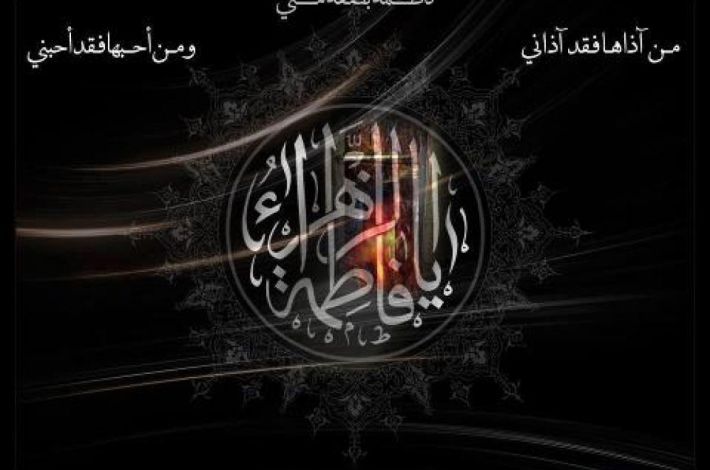The fatemi days are the days that precede the martyrdom anniversary of Our Lady Az-Zahra (peace be upon her), in such days of every year, the talk is renewed about the days of the martyrdom of the Saint, the martyr, Lady Fatima Az-Zahra (peace be upon her), and also about the reason of the multiplicity of the days in which her martyrdom is commemorated. Some people even object and get upset of this fact, asking why it is not only one season like it is the case of the martyrdom of the other infallible (peace be upon them).
The reason of the multiplicity of the seasons in which the martyrdom anniversary of Lady Fatima Az-Zahra (peace be upon her) is commemorated, is the multiplicity of the narrations about it, as there was difference in the registering or copying or transferring them causing that many of the occasions (births or martyrdoms) have various dates, and in most of these differences, a group or region commemorate the occasion according to one of these narrations, and the other group according to another narration and so on.
Even Sheikh Isma'il Al-Ansari Al-Zanjani Al-Khu'ini has collected in his grand masterpiece; the encyclopedia about Fatima Az-Zahra (peace be upon her) (c15, p33) the narrations and sayings mentioning her martyrdom in 21 opinions from 615 sources.
However, the most known of these opinions are three dates in which the Fatemi sorrow season is commemorated, and they are as follows:
First opinion: 8 Rabi' Ath-Thani, on a narration stating that she lived 40 days after the martyrdom of ther father (Allah's prayers be upon him and his holy Household). It is called the first Fatemi season.
Second opinion: 13th Jumada Al-Ula, on a narration stating that she lived 75 days after the martyrdom of ther father (Allah's prayers be upon him and his holy Household). It is called the second Fatemi season.
Third opinion: 3rd Jumada Ath-Thaniya, on a narration stating that she lived 95 days after the martyrdom of ther father (Allah's prayers be upon him and his holy Household). It is called the third Fatemi season.
On this basis, the commemoration days (Fatemi Days or Fatemi sorrow season) vary, and perhaps there is a wisdom behind this difference like not knowing exactly where her grave is. As her lovers gather by tens of thousands in obituary or condolences Majlis over two months or more in mosques, houses, Hussaynyat and Islamic centers, offering food generously in the day of her martyrdom, and the preachers are talking about the Saint Az-Zahra (peace be upon her) and about different sides of her life filled with virtues, morals and lessons, and conclude their speeches by mentioning some of her calamities and pains that took place after the martyrdom of her father (Allah's prayers be upon him and his holy Household).
